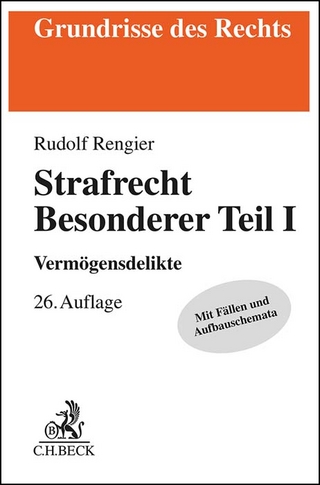
The World White Web
Springer International Publishing (Verlag)
978-3-031-75392-3 (ISBN)
- Noch nicht erschienen - erscheint am 14.01.2025
- Versandkostenfrei innerhalb Deutschlands
- Auch auf Rechnung
- Verfügbarkeit in der Filiale vor Ort prüfen
- Artikel merken
The World White Web provides an interdisciplinary analysis of far-right radicalisation in the digital age, drawing from criminology, history, and computer science to explore how technology and imagery accelerate extremist recruitment. The book examines 20,000 internet memes to reveal white supremacy's deep historical roots. It demonstrates how far-right propagandists leverage historical narratives and symbols to influence modern-day recruitment, bridging fringe and mainstream ideas across diverse time periods, countries and contexts, amid technological and social changes. Topics include racism and xenophobia in Greek and Roman antiquity, antisemitism in the Middle Ages, anti-Black racism rooted in the Antebellum South, the weaponisation of the Reconquista in Spain, the memeification of the Rurik Dynasty in Russia, Crusader iconography in the United States, Australia and New Zealand, eco-fascist propaganda in the Balkans, neo-Nazi mythology in India, and Völkisch ideology in Germany and Austria. The book emphasises the importance of interdisciplinary, socio-technical and multi-stakeholder approaches to truly comprehend and address the contemporary manifestations and threats posed by the global interconnectedness of the far right online.
Ashton Kingdon is a teaching fellow in Criminology at the University of Southampton, UK. She is also Advisory Board Member at the Accelerationism Research Consortium, a research fellow at Vox-Pol, a core member of the Extremism and Gaming Research Network (EGRN), and former head of Technology and Research Ethics at the Centre for Analysis of the Radical Right.
Chapter 1: Introduction.- Chapter 2: The Methodological and Ethical Implications of Using Imagery as the Primary Method of Researching Online Extremism.- Chapter 3: Hooked on Classics: The Far Right's Appropriation of Ancient Greece and Rome.- Chapter 4: 'Memeieval' Times: The Manipulation and Weaponisation of the Reconquista, the Crusades and the Rurik Dynasty.- Chapter 5: Memeing 'Moonlight and Magnolias': The Coding and Cloaking of Cyber Racism.- Chapter 6: Folktales and the Führer: The Memeification and Racialisation of Mythology, Fairy Tales, and Folklore.- Chapter 7: Far-Right Environmentalism and the Supernatural Imaginary: Runic Writing, Ethnic Ruralism and Occult Practices.- Chapter 8: Socio-Technical and Multi-Stakeholder Approaches to Countering Online Propaganda.- Chapter 9: Conclusion.
| Erscheint lt. Verlag | 14.1.2025 |
|---|---|
| Reihe/Serie | Palgrave Hate Studies |
| Zusatzinfo | XVII, 273 p. 27 illus., 24 illus. in color. |
| Verlagsort | Cham |
| Sprache | englisch |
| Maße | 148 x 210 mm |
| Themenwelt | Recht / Steuern ► Strafrecht ► Besonderes Strafrecht |
| Recht / Steuern ► Strafrecht ► Kriminologie | |
| Sozialwissenschaften ► Politik / Verwaltung | |
| Schlagworte | counterterrorism • crime and media • cultural imagery • cybercrime • digital imagery • Extremism • Memes • Political Sociology • Political violence • Propoganda • Racism • Radicalisation • Social Networks • white supremacy |
| ISBN-10 | 3-031-75392-5 / 3031753925 |
| ISBN-13 | 978-3-031-75392-3 / 9783031753923 |
| Zustand | Neuware |
| Haben Sie eine Frage zum Produkt? |
aus dem Bereich


